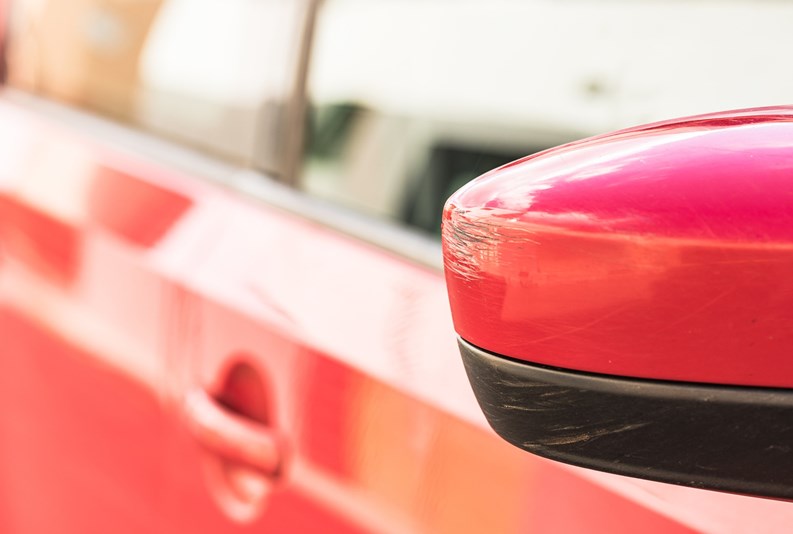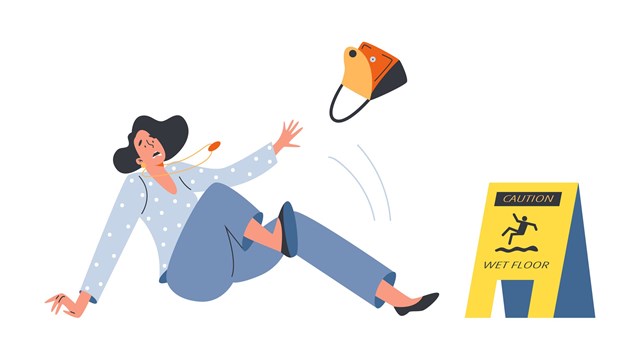Q. We live in a co-op where the unit we purchased comes with a parking spot. Our parking garage has valet parking and we leave our keys with the attendants. We found that our rearview mirror had scratches on the paint and there was residue of paint from the columns in the garage. This led us to believe that the damage was done by one of the attendants in the garage. Is the co-op liable for these damages since we are leaving the keys for them to move the car? Also, does a sign in the garage indicating they are not responsible for damages release them if they are driving our car?
—Who Pays?
A. “Typically, when a cooperative apartment comes with a parking spot, the parking spot is not allocated shares and is not considered part of the apartment,” says attorney Stephen M. Lasser of the New York City and Westchester-based Lasser Law Group. “Therefore, the parking spot is not covered directly by the shareholders’ proprietary lease and will instead be governed by one of two legal arrangements, known as a bailment or a license. If there is no separate written agreement covering the parking spot, the arrangement will probably legally be deemed to be a bailment. However, most cooperatives and third-party garage operators who lease and manage garages for cooperatives require shareholders with parking spots to enter into written license agreements governing the use of the parking spots.
“Assuming there is no separate written agreement, a court viewing this issue would determine if the cooperative or garage operator retained ‘possession, dominion, and control’ over the shareholders’ car, which are the primary factors that create a bailment relationship. The fact that there is a valet who retains the shareholders’ keys to the car is strong evidence that a bailment relationship would be deemed to exist if there is no written license agreement.
“Under either legal arrangement—bailment or a written license agreement—the co-op or garage operator would have a responsibility to safeguard the shareholders’ car from damages such as the ones described here. However, under a bailment, if property is damaged while in possession and control of a party (here the co-op or garage operator), the law presumes that such party was negligent and therefore responsible for damages to the other party’s property in its possession (here, the shareholders’ car). Under a license agreement, the shareholders would have to prove that the co-op or garage operator was negligent, which would not seem to be difficult to prove here in light of the paint residue on the columns in the garage.
“The shareholders should document their damages by taking photographs of their damaged mirror and the paint residue on the columns and obtain a written estimate to repair the damages. This documentation and estimate could then be submitted to the co-op or garage operator for reimbursement. If the co-op or garage operator refuses to reimburse the shareholders, the shareholders could file a case in their town or city small claims court, assuming the shareholders’ damages do not exceed the respective $3,000 to $10,000 jurisdictional limitations of these courts.
“Even if there is a sign in the garage or a provision in a written agreement that claims the co-op or garage operator is not responsible for damages to cars parked in the garage, the co-op or garage operator may still be liable because New York has a statute that prohibits garage operators from exculpating themselves from liability that arises from negligent acts while operating a parking garage.
“In sum, whether the relationship here is deemed to be a bailment or license, the co-op or garage operator would still have an obligation to safeguard the shareholders’ car and may be liable for damages to the car if it failed to do so adequately.”










Leave a Comment